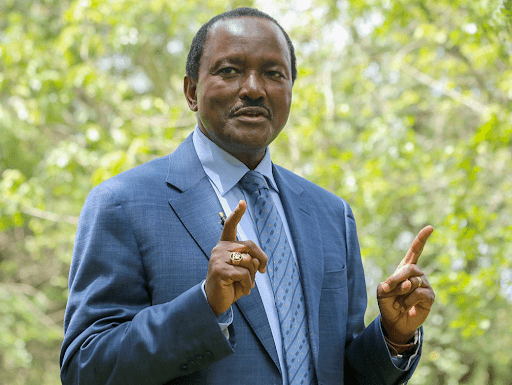It takes an average of seven years to translate the New Testament of the Bible into one Kenyan small language, and up to 15 years to translate the Old Testament.
This is according to Bible Translation and Literacy, a Christian-based organisation established in 1981 to facilitate Bible translation in Kenya and beyond.
It also facilitates sustainable literacy language development programmes among small language groups.
Over the past three decades, BTL has translated the Bible into six local languages in Kenya, national director Rev Peter Munguti said.
Speaking to the press in Mombasa on Saturday, he said it has also translated the New Testament into eight local languages.
“It takes an average of seven years to translate the New Testament and for you to complete the Old Testament, it will take you 15 years and upwards,” he said.
“It used to be more than that, but now because of technology and improvement of literacy in Kenya, the time has come down significantly.”
To ensure they do not lose the meaning of the scripture during translation, Munguti said the source text they use for translation is based on the original Bible text, either in Hebrew or Greek.
“For the Old Testament, we use Hebrews and Greek for the New Testament,” he said.
“We have language experts who make sure that during the translation, we do not depart either from Hebrew or Greek, and the text goes through a lot of quality checks to make sure the end product is equivalent to the original as possible.”
He was speaking during the second edition of the Run for the Bibleless 10km challenge.
The proceeds from the run were to be used to translate the Bible into Coastal languages of the Mijikenda tribes of Ribe, Jibana, Rabai and Kauma.
Run for the Bibleless is an awareness creation and resource mobilisation occasion held annually to generate funds to support Bible translation.
The specialty of BTL is to break down all the languages, especially the minority languages, into a written form.
They develop the autography and make alphabets, which they use to write literacy materials, including classroom materials, Munguti said.
They work with a team of expert translators and the Kenya Institute of Curriculum Development to develop the literacy material in local languages.
“We use the developed language to translate the scripture into the people’s native languages because we believe that speaks to the persons’ hearts, and that is what we want to see,” he said.
At the Coast, BTL has already completed the Bible translation for the Digos, Durumas and Giriama, and just recently, it completed the same for the Pokomo.
“We will be launching and dedicating the Pokomo Bible on September 30 this year in Garsen,” he said.
Munguti said the translation of the Bible into smaller languages ensures the preservation of the text for years to come.
“If we do not preserve these languages in writing, chances are they will die,” he said.
Munguti condemned false prophets and preachers deceiving people in the name of God.
He said the false spiritual leaders sre, unfortunately, using the §nible to fleece their flock with fake miracles as they are filled with greed and are after money.
“Most of such preachers know little about the Bible and are using religious matters to enrich themselves at the expense of their flock,” Munguti said.








